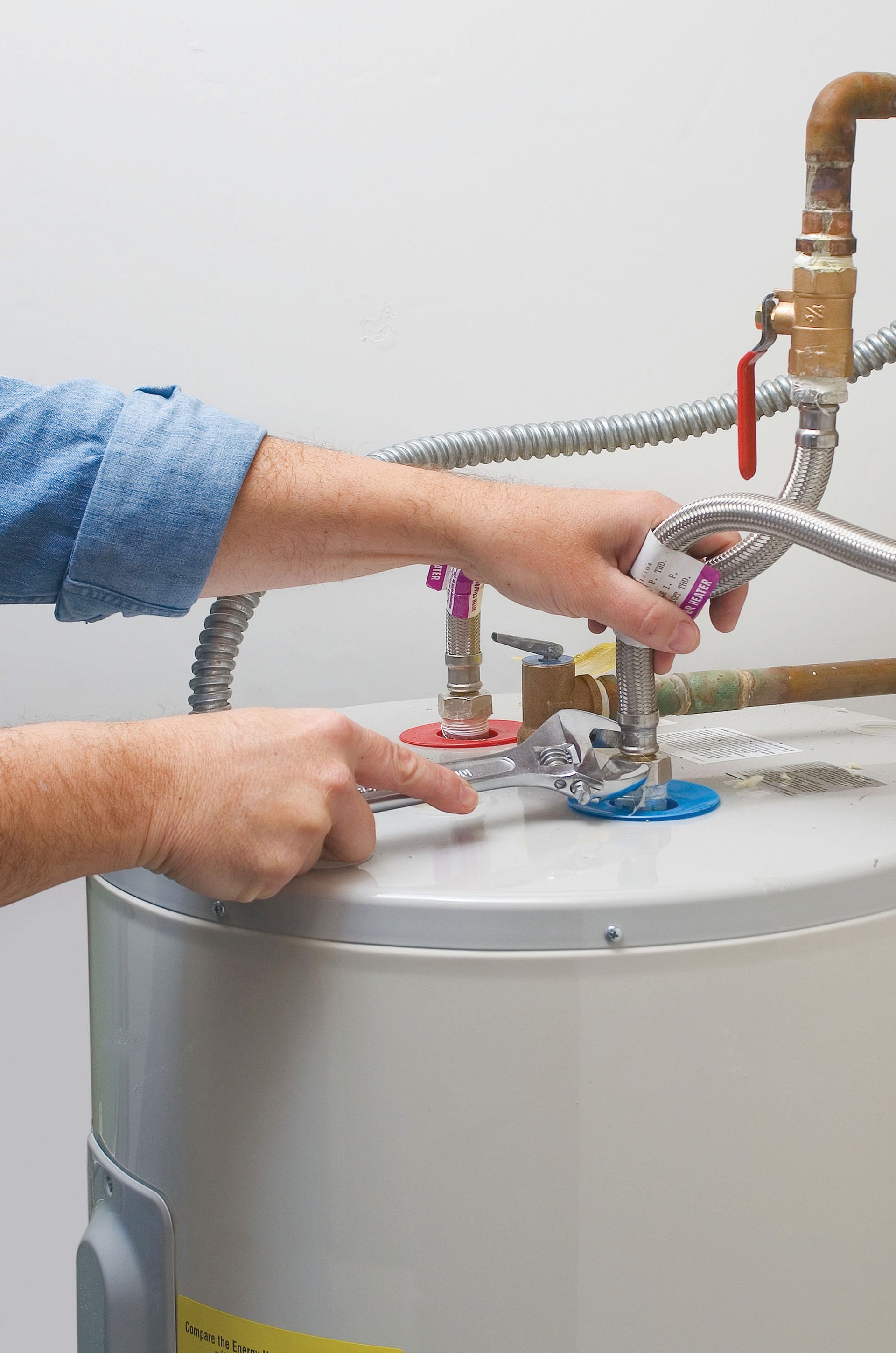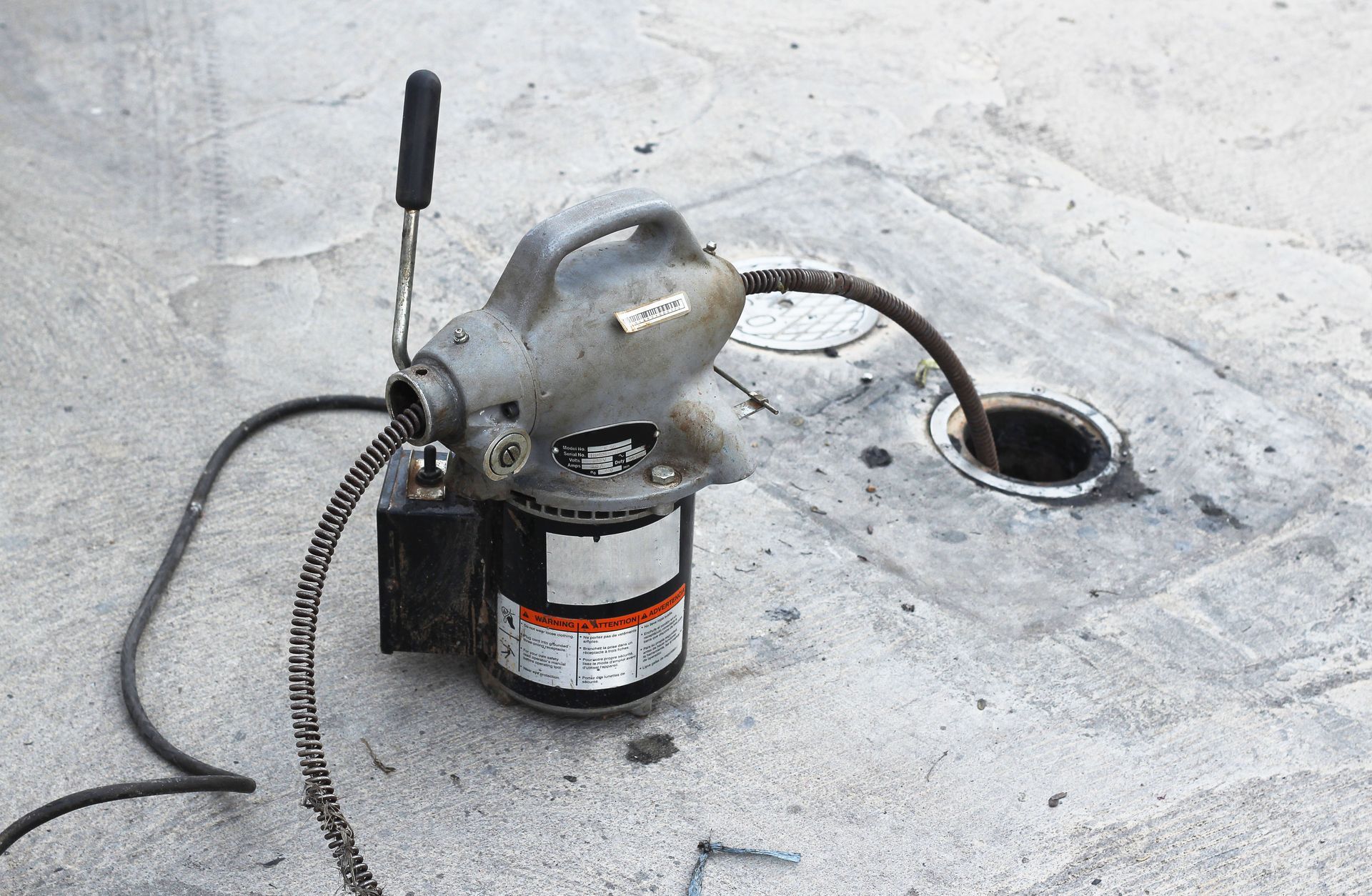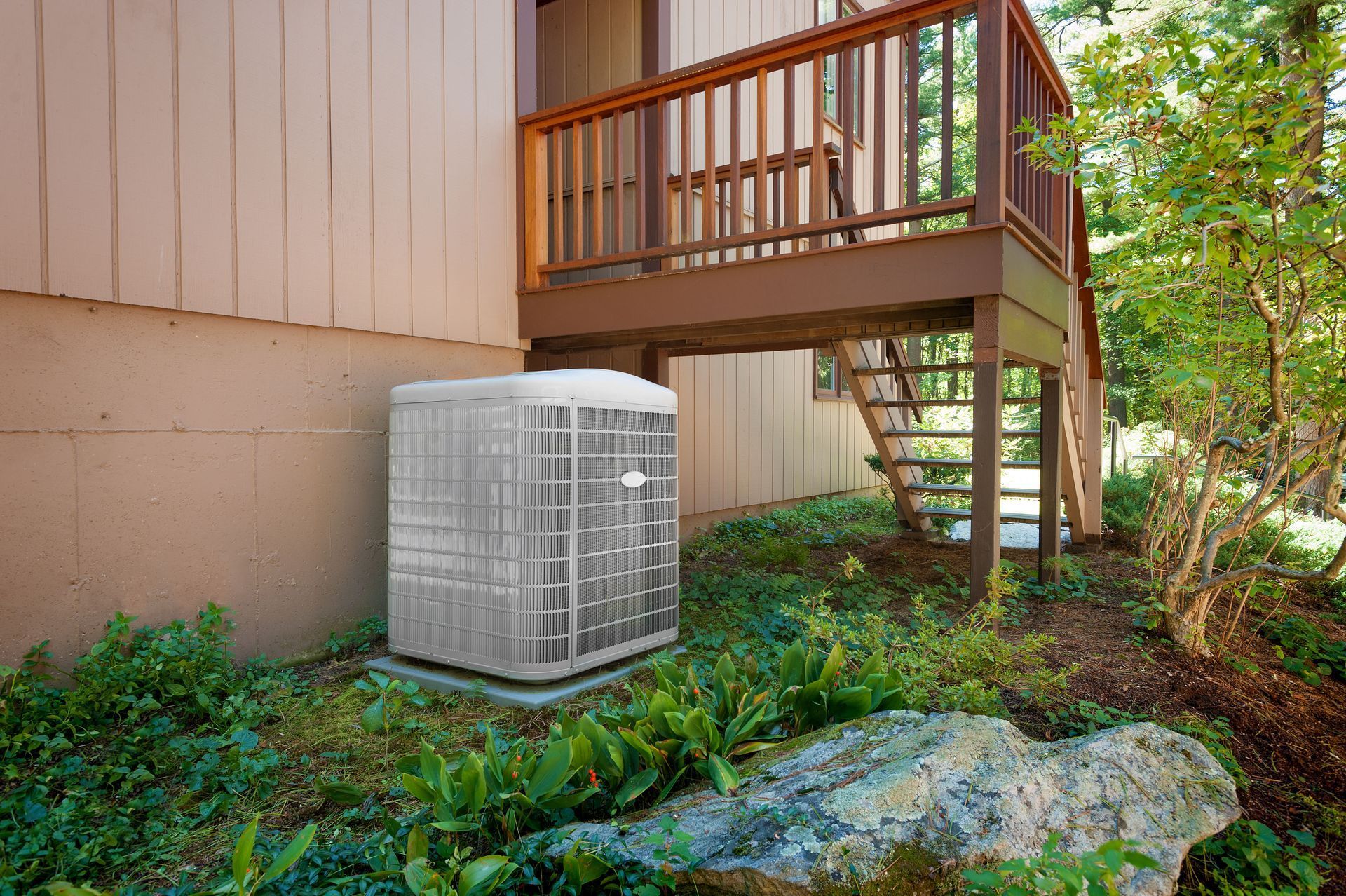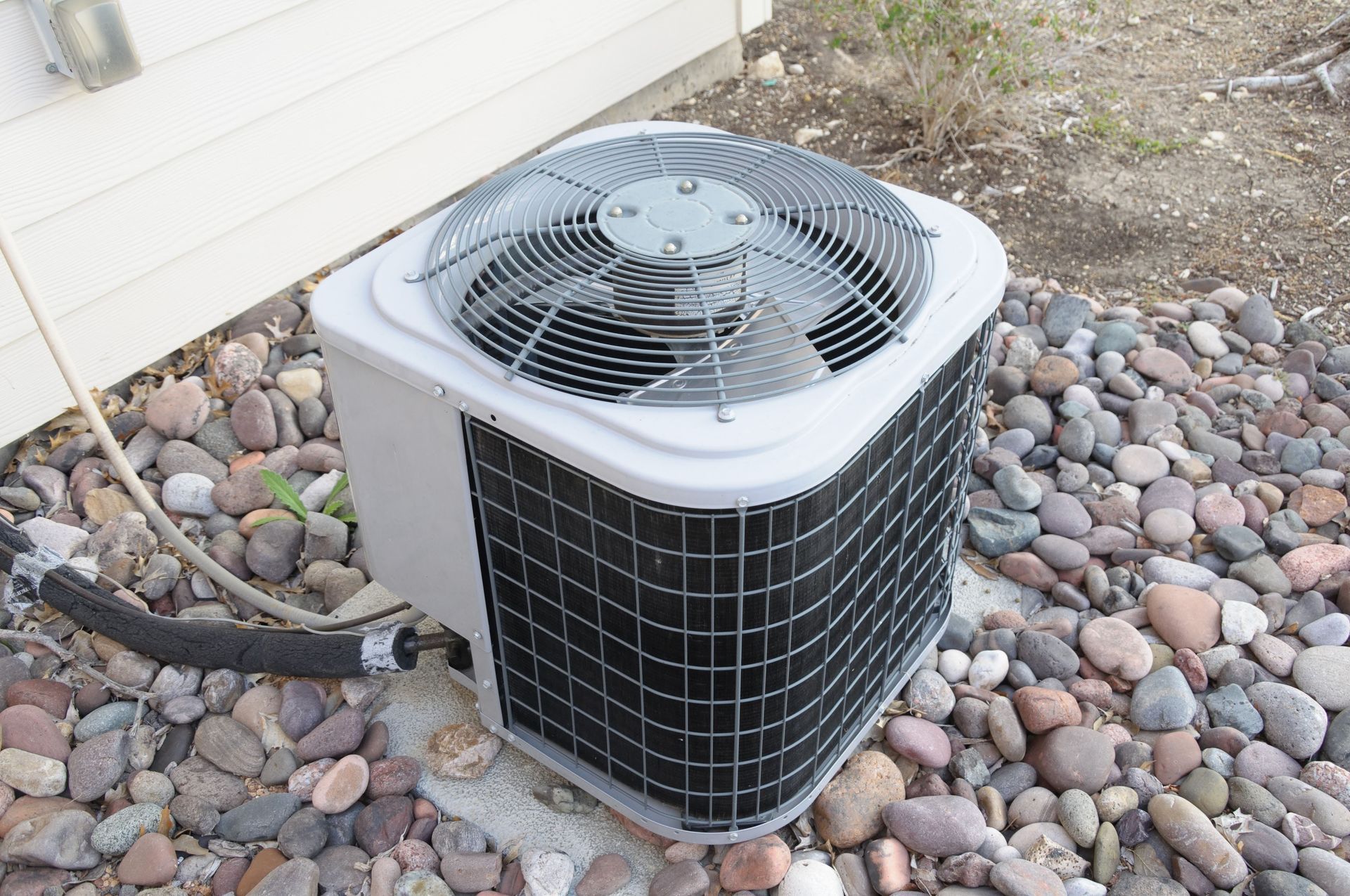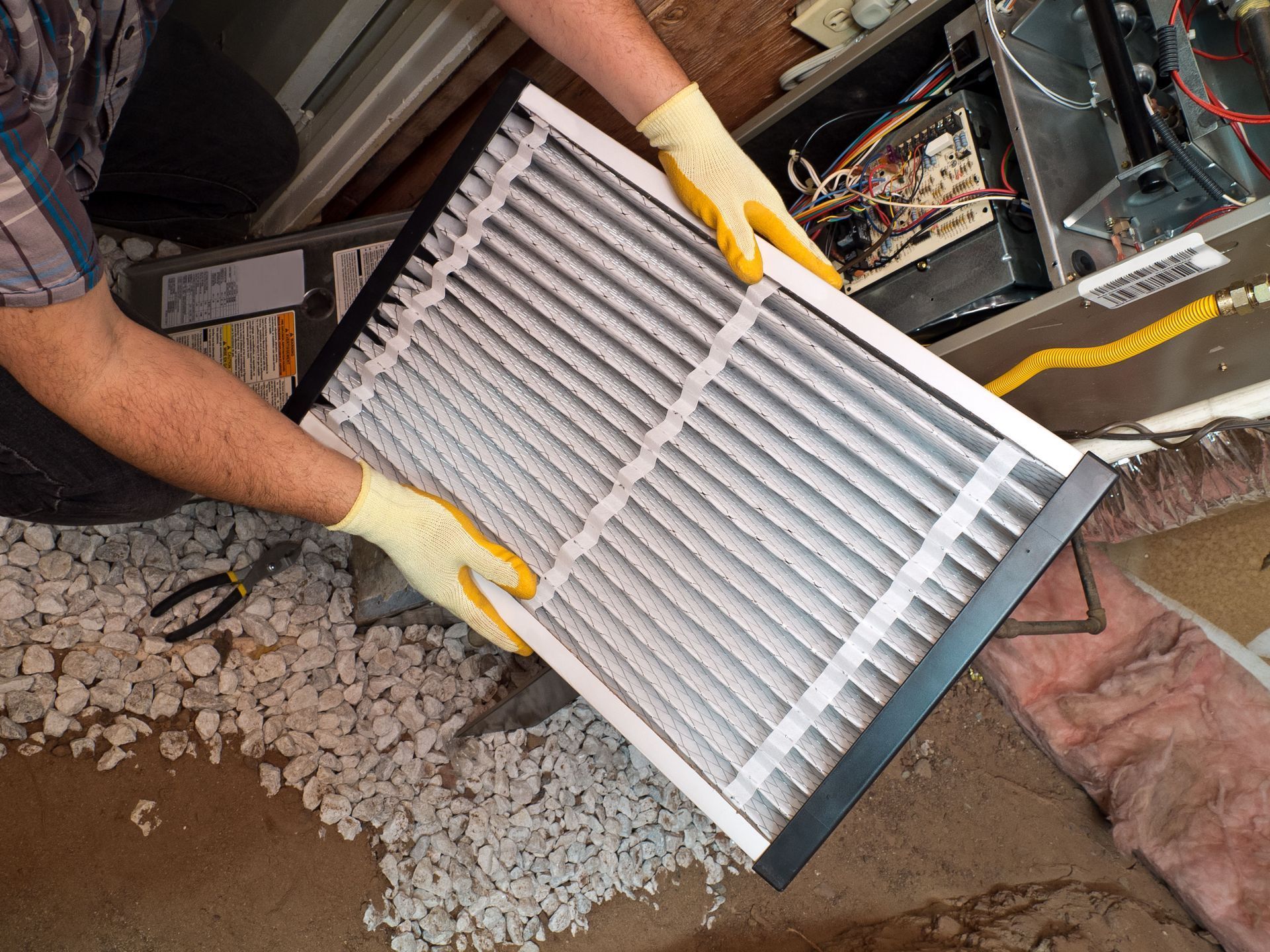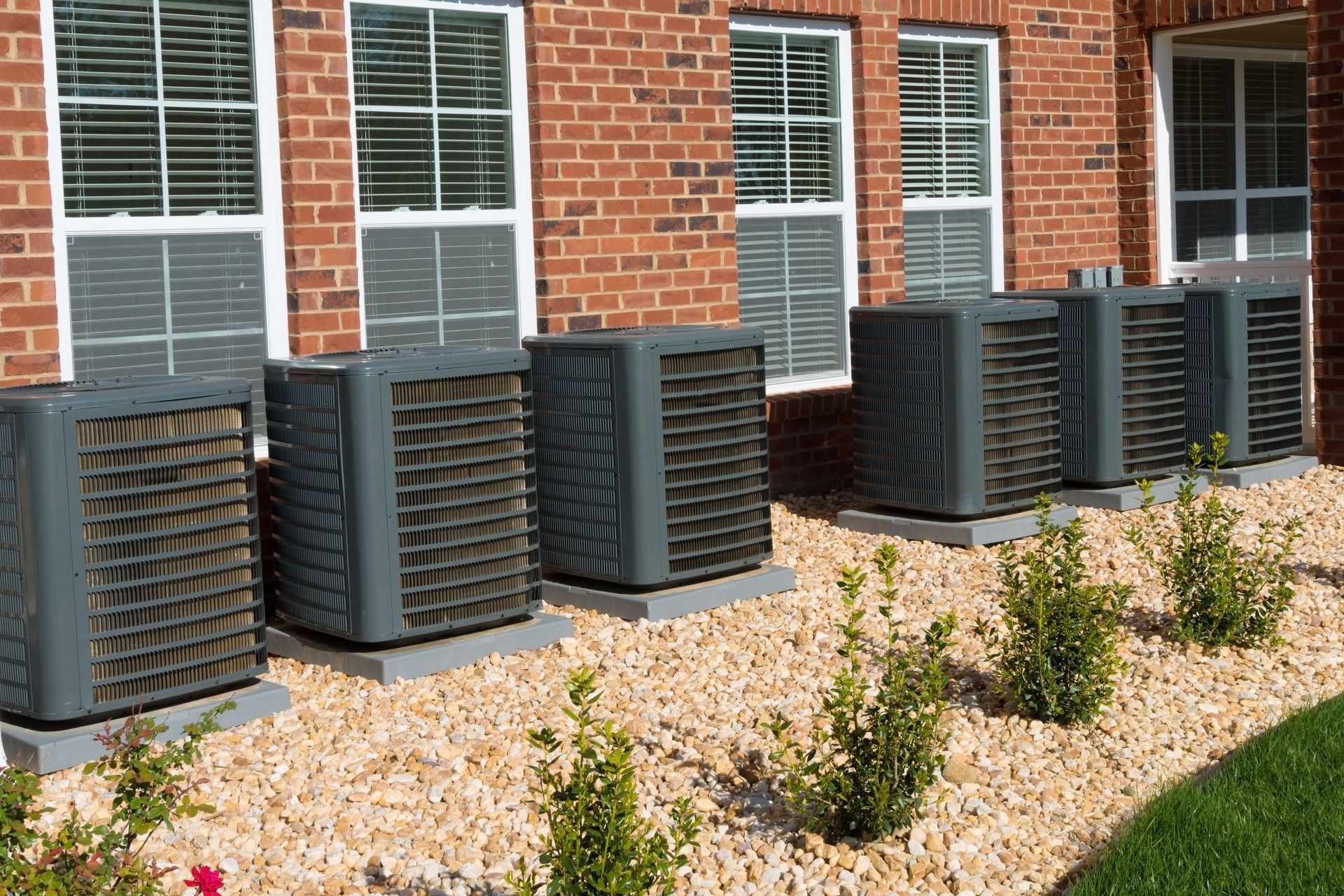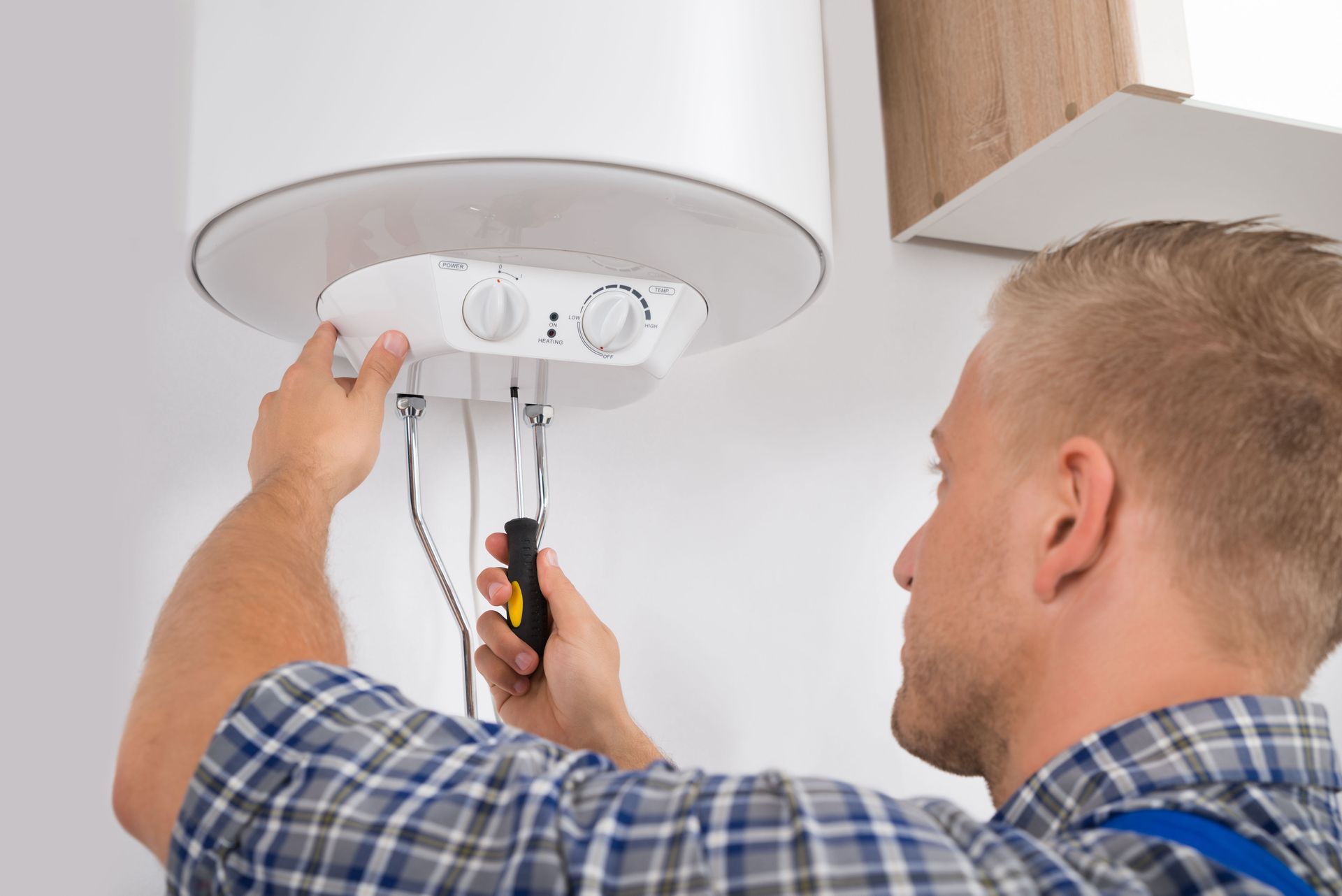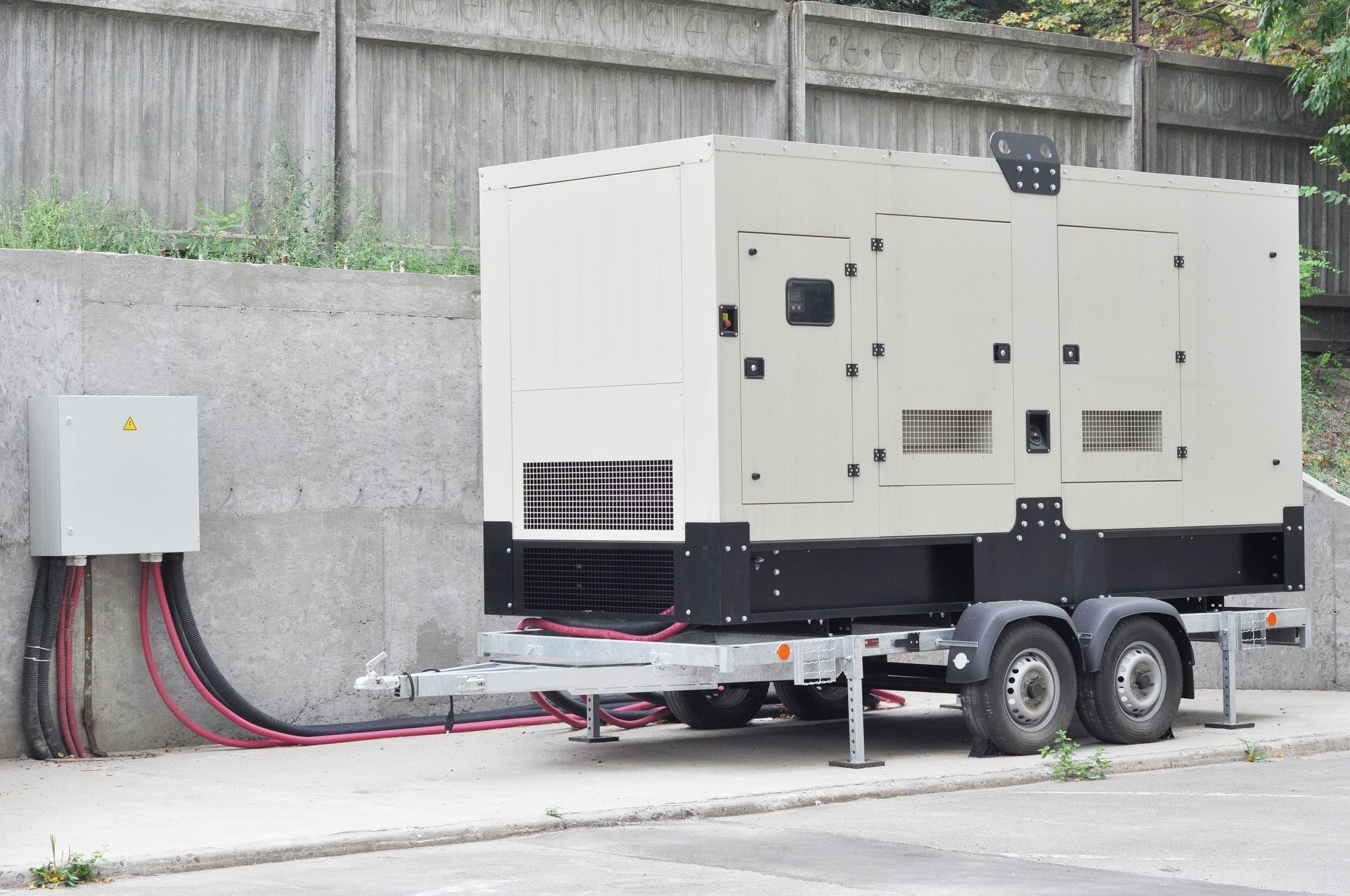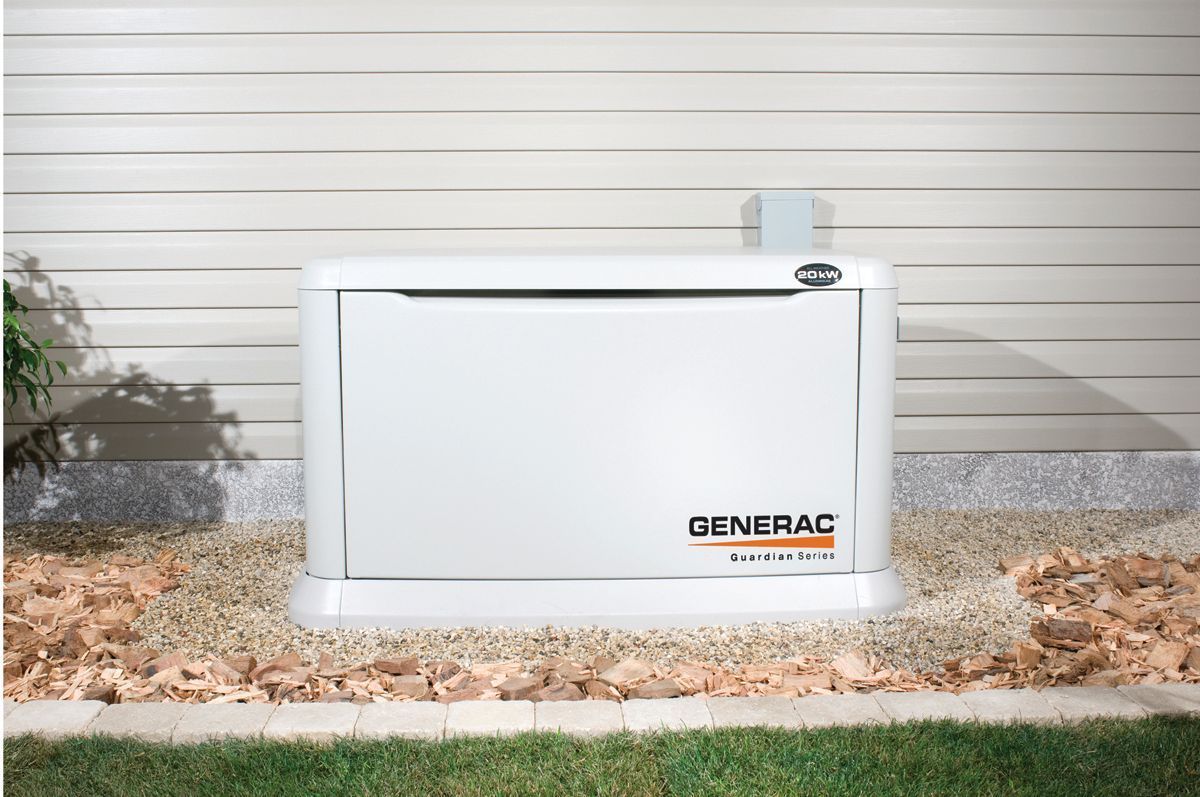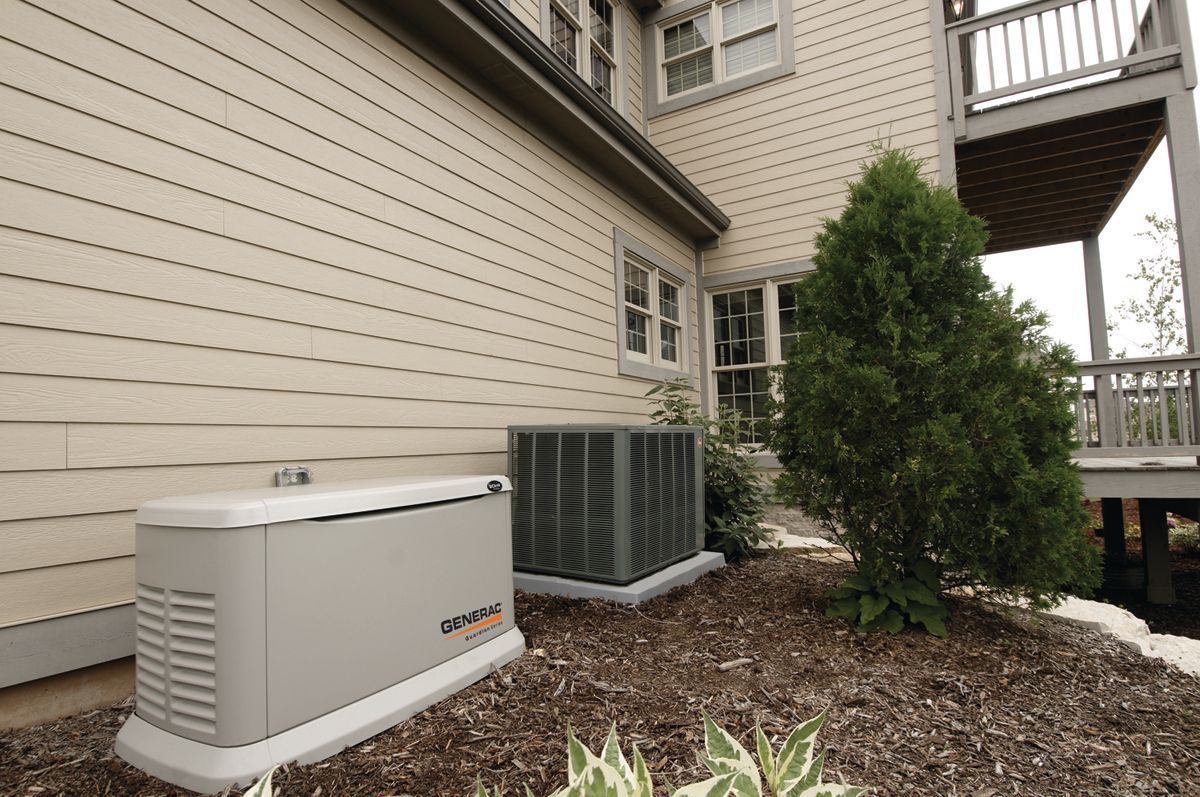Should You Consider Replacing Your Hot Water Heater?
Hot water heaters are essential household appliances, providing the comfort and utility of hot water for various domestic tasks. However, just like any other appliance, they can wear out over time, become inefficient, or even stop working altogether. This article will explore the indicators that your hot water heater may need replacing, the different types available, and crucial factors such as energy efficiency and cost. A reliable hot water supply is vital for baths, showers, laundry, and dishwashing, making the decision regarding your heater's future even more consequential.
1. Recognizing Signs of a Failing Hot Water Heater
One common sign that your hot water heater is nearing the end of its life is the presence of strange noises. Over time, sediment can build up at the bottom of the tank, causing rumbling or banging sounds when the heater is operating. These noises are not only disruptive but can also indicate that the heater is struggling to function efficiently, leading to increased energy consumption. Continuous exposure to sediment and the resulting noise can also contribute to long-term damage to the internal structure of the heater. Ignoring these sounds can result in major repair needs or eventually necessitate a full replacement of the unit.
If your hot water supply becomes inconsistent, alternating between scalding hot and lukewarm, it could mean your water heater is failing. These fluctuations often occur when the heater's thermostat or heating element malfunctions. Consistent temperatures are usually achievable when the system is in good working condition, so noticeable changes warrant a closer inspection. The inability to provide steady hot water indicates the system might not be heating water as effectively and efficiently as required. Paying attention to these signs early can help avoid the complete failure of the heater, where replacement would become inevitable.
Leaks and moisture build-up around your water heater are serious signs of trouble, indicating that the internal tank has worn out. Even small leaks can be dangerous because they can quickly escalate, leading to water damage or flooding. The presence of leaks suggests a rupture in the tank, often caused by rust or corrosion due to age and long-term exposure to water and heat. Moisture accumulation around the heater not only leads to structural damage but can also foster mold growth, which poses health risks. Addressing leaks immediately is crucial; otherwise, the safest and most viable option may be to replace the heater altogether.
2. Comparing Types of Hot Water Heaters
Conventional storage tank water heaters are typically the most common and well-known type among homeowners. These systems use an insulated tank to heat and store water until it is needed. While they are generally the most affordable option up front, they may not be as energy-efficient as newer models due to constant re-heating of stored water. Despite their popularity, the tank's size can limit the amount of hot water available when more than one tap is used simultaneously. Regular maintenance is vital to clear sediment build-up and maximize the lifetime and efficiency of these units.
Tankless water heaters provide an innovative alternative to traditional water heating methods, supplying hot water on demand without storing it. These systems are often praised for their energy efficiency, since they only heat water when it's needed, reducing the overall energy consumption of a household. However, the initial cost is higher, and installation may require upgrades to gas lines or electric systems to accommodate the new technology. Despite their efficiency, tankless systems may struggle to provide hot water to multiple outlets simultaneously. They're a suitable choice for smaller households or as supplemental on-demand heaters.
Heat pump water heaters offer an energy-efficient option by using electricity to move heat from one place to another instead of generating heat directly. By transferring heat from the surrounding air or ground, these systems are often more energy-saving compared to electric resistance or gas-fired water heaters. Due to their dependence on ambient temperature, they work more effectively in moderate climates, making them unsuitable for colder basements or garage installations. The initial expense is higher, but the long-term energy savings can offset this cost over time.
3. Understanding Energy Efficiency Factors
The Energy Star rating is a reliable indicator of a water heater's efficiency, providing a benchmark for consumers to identify energy-saving models. Units with this label have been tested to meet rigorous energy efficiency guidelines set by the U.S. Environmental Protection Agency. Opting for an Energy Star-rated model can lead to significant cost savings over the unit's lifetime, even if initial costs are higher than less efficient alternatives. According to Energy Star, water heaters use about 20% of a home’s energy, emphasizing the importance of selecting an efficient model.
Choosing the right fuel type for your water heater can greatly influence its overall energy efficiency and operational costs. Common fuel sources include electricity, natural gas, propane, and solar, each with distinct advantages and limitations. Natural gas and propane models are often more cost-effective for regions with low gas prices, while electric models can be more convenient with lower up-front costs. Solar models, though dependent on weather, provide the greatest reduction in utility bills and environmental impact.
Energy-efficient water heaters play a significant role in reducing a household's carbon footprint, aligning personal energy use with broader environmental goals. By consuming less energy, these models emit fewer greenhouse gases, contributing to efforts against climate change. Transitioning to an energy-efficient model supports sustainable energy practices and lessens reliance on fossil fuels, which are major contributors to air pollution and global warming. Beyond the environmental benefits, homeowners can also enjoy long-term savings on utility bills, making efficiency a practical and cost-effective choice.
4. Weighing Repair Versus Replacement Options
The age of your water heater is a primary consideration when choosing between repair and replacement. Units nearing or exceeding their expected lifespan are more prone to failures and inefficiencies, indicating that replacement might be the prudent choice. Modern heaters offer enhanced performance and efficiency features that older models lack, providing both immediate and long-term benefits. However, if the unit is relatively new but exhibiting issues, investing in repairs may be more cost-effective.
Persistent performance issues, such as inconsistent water temperatures or long heating times, often signal that replacement is necessary. Even with ongoing repairs, older units may not achieve the efficiency and reliability needed for daily demands. Newer models provide improved temperature control, faster heating, and more consistent water supply, minimizing frustrations associated with underperforming systems. Performance evaluations should consider issues previously experienced and the potential improvements from upgraded technology.
Changing household dynamics can influence the decision to repair or replace your water heater. An increase in family size or modifications in water usage patterns may necessitate a heater with higher capacity or efficiency. New units offer features that adapt to contemporary demands, providing flexibility and accommodating higher or more variable hot water needs.
Replacing your water heater is a decision that affects not only your daily comfort but also your long-term energy costs and home efficiency. By recognizing the signs of wear, understanding the different models available, and evaluating repair versus replacement options, you can ensure your household always has reliable access to hot water. Investing in the best water heater for your needs today will provide lasting performance, peace of mind, and real value for years to come. If you're looking to install a new water heater, get in touch with John H. Coleman Co.



